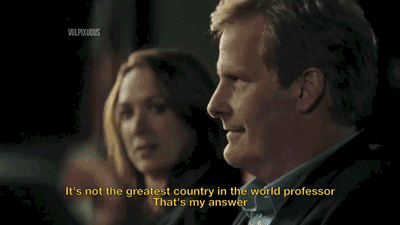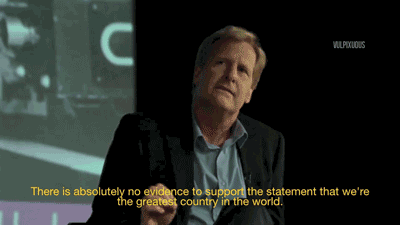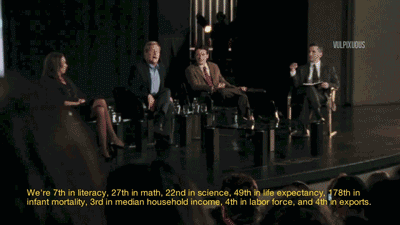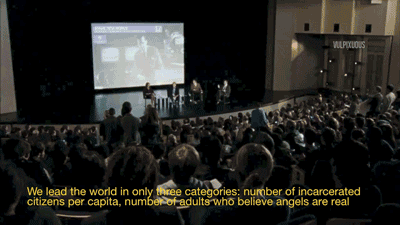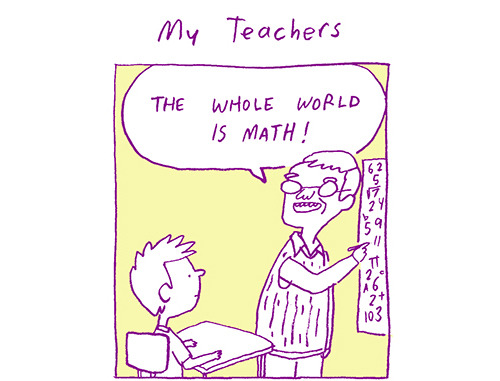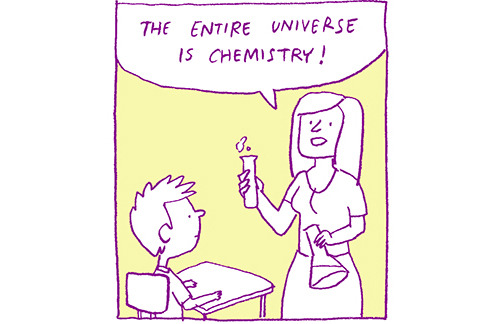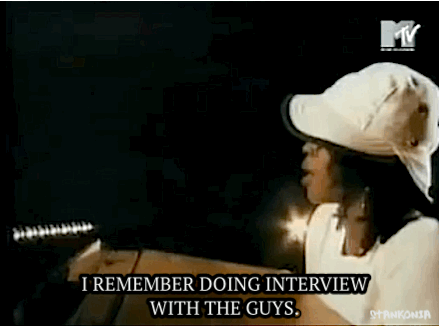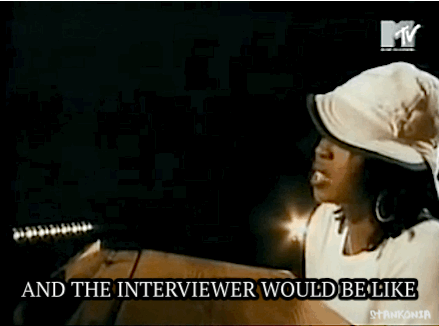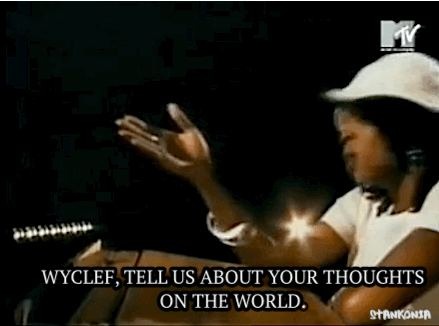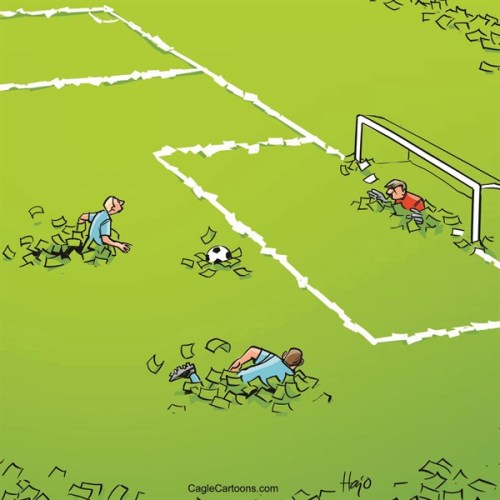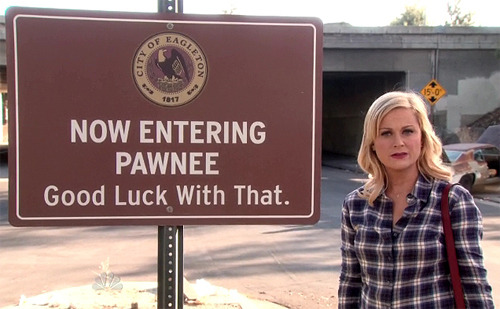– Você já reparou como todo mundo tem prazer em chatear velhinhos? — perguntou Mamãe.
– Não exatamente… O que foi que aconteceu?
– Você sabe aquele cartão que a gente recebe para andar de ônibus? E se lembra que, há um tempo, o meu cartão perdeu a validade, e que tive que ir lá pra caixaprego para renová-lo? Pois aconteceu de novo. Entrei no ônibus, e o cartão não valia mais. O motorista e o trocador foram gentis, me disseram que isso acontece o tempo todo, me mandaram descer pela frente e pronto. Mas o que é que o governo está pensando? Que a gente fica mais nova com o passar do tempo? Dizem eles que fiquei três meses sem usar o cartão. E daí? É normal que isso aconteça com uma pessoa que não dá mais expediente no trabalho, que resolve tudo perto de casa a pé, que pega um táxi aqui e uma carona ali. O que não é normal é achar que o tempo dos aposentados foi feito para ser gasto nas filas de uma administração incompetente! Isso é maldade pura, mandar velhinhos para a fila só por mandar.
– Aí fui ao Banco do Brasil, — continuou Mamãe. — Precisava tirar mais dinheiro do que o limite permitido pela máquina, e fui ao caixa, que pediu a minha carteira de identidade. Mostrei a carteira de habilitação, ele olhou e disse que estava vencida. Respondi que estava vencida para dirigir, mas não como prova de que eu sou eu, que era o que ele precisava. Ele empurrou a carteira de volta e disse que não adiantava, que eram ordens do banco. Mostrei então a carteira de identidade. Ele olhou e, com um tom de triunfo na voz, disse que também não servia, porque era xerox. Eu expliquei que sou alvo fácil para assaltantes, e que se me levarem os documentos vou ter que passar por uma verdadeira via crucis para tirar segunda via, mas ele só sabia dizer que eram ordens do banco e que ordens são ordens. “Espera, espera” pensei com os meus botões. “Um dia você também vai ser velho…”
– E como você fez com o dinheiro?
– Fui para o outro banco e lá tirei o que precisava, sem qualquer problema.
Essa conversa aconteceu na terça-feira, quando liguei para me despedir da Mamãe, que viajava na quarta para Foz do Iguaçu para participar de um campeonato de natação. Perguntei se estava tudo OK para a viagem.
– Tudo em cima. As malas já estão prontas, já até guardei a passagem e o passaporte na bolsa.
– Passaporte? Pra que? Você está indo ali na esquina!
– Ah, não quero facilitar não. Já vi que esse negócio de carteira não funciona.
o O o
E vejam que beleza de história o Otávio Bravo tem para contar:
” Aconteceu na Lagoa.
Paro no sinal. Aproxima-se um desses moleques que fazem malabarismo com bolinhas de tênis. É daqueles que não aprenderam a usar três e tenta impressionar apenas com duas, uma em cada mão.
É magrinho, mas não é dos menores e parece ter entre oito e dez anos, as costelinhas aparecendo na pele escura e as perninhas finas como galhos de ipê.
Abro a janela para dar alguma coisa. Não quero dar dinheiro, porque sempre desconfio de que, nesses casos, os tostões arrecadados podem acabar em mãos de pais ou mães inescrupulosos, que exploram filhos pequenos. No banco do carona, há um saquinho de pães de queijo, uma barra de chocolate e uma lata de refrigerante que acabei de comprar em uma loja de conveniências. Recolho tudo e entrego para o meninote. Assim, faço a minha boa ação do dia, alivio parcialmente minha consciência de glutão-capitalista-selvagem e ainda adio a necessidade de comprar as minhas roupas na seção de obesos das Lojas Marisa.
O garoto recebe tudo com um sorriso melancólico no rosto. Talvez preferisse dinheiro, sei lá. Está se virando para ir embora quando os olhinhos se fixam no banco traseiro do carro. A expressão se ilumina, como se tivesse visto um brinquedo ou algo parecido. Levanta o dedinho de forma tímida, apontando para alguma coisa. Antes que possa dizer alguma coisa, eu viro a cabeça para trás.
Não há nada ali, apenas um livro. “Os sofrimentos do jovem Werther”, de Goethe.
– Dá o livro pra mim, tio? — pergunta. E completa — Eu devolvo a comida. Troco pelo livro.
Eu estou embasbacado. Como poucas vezes na vida.
- Você gosta de ler, menino? — indago, entre perplexo e maravilhado.
Ele só balança a cabeça, assentindo, com um sorriso aberto no rosto.
Eu me estico, pego o livro e entrego nas mãos do rapazinho. Ele faz menção de devolver a comida, mas eu gesticulo para que a leve também.
Enquanto ele se afasta, penso na quão maravilhoso o mundo é, com essa possibilidade de nos surpreender a cada novo dia. Se um molecote de rua que ganha a vida fazendo malabarismos em troca de uns trocados é capaz de se interessar em ler Goethe, tudo o mais é possível.”
o O o
Vocês se lembram que, há algumas semanas, recomendei o livro “A casa do califa”? Pois seu autor, Tahir Shah, vem ao Brasil na próxima semana. Vamos participar, os dois, de uma conversa sobre literatura de viagem, mediada por Valéria Martins. O papo vai ao ar na segunda-feira, dia 22, na Livraria da Travessa do Leblon, às 19h30.
Apareçam!
( O Globo, Segundo Caderno, 18.9.2014)



